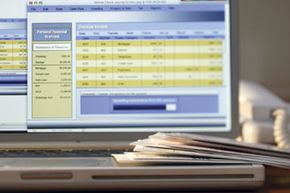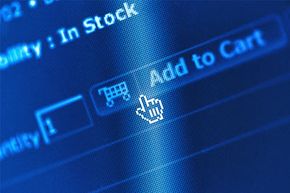Approximately 72.5 million American households -- 80 percent of the population -- used online banking in 2010 [source: Fiserv]. Internet banking has become an accessible, everyday practice as common as walking into a local branch and speaking to a teller. Unfortunately, financial scams are common, too. In 2009, 11.1 million adults fell victim to identity fraud, up 12 percent from 2008 [source: Javelin]. But are those two figures connected? It's easy to be wary of online banking; the process involves transferring large quantities of our sensitive information over the Internet, after all. With credit card fraud as common as it is, how could banking online be safe?
While it's true that online transactions can lead to credit card fraud and stolen information, most banks do their best to make transmissions secure. Online retailers with poor security and millions of customers are juicy targets for hackers, who can theoretically obtain huge lists of usernames, passwords and corresponding financial information. Thanks to the encryption online banks use, you can mostly rest easy while paying bills online. Keep reading to find out why you should be using online banking -- and what you should watch out for, just in case.
Advertisement


